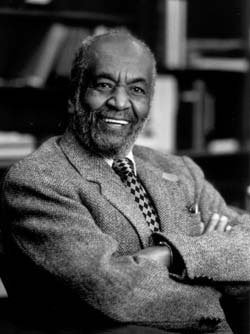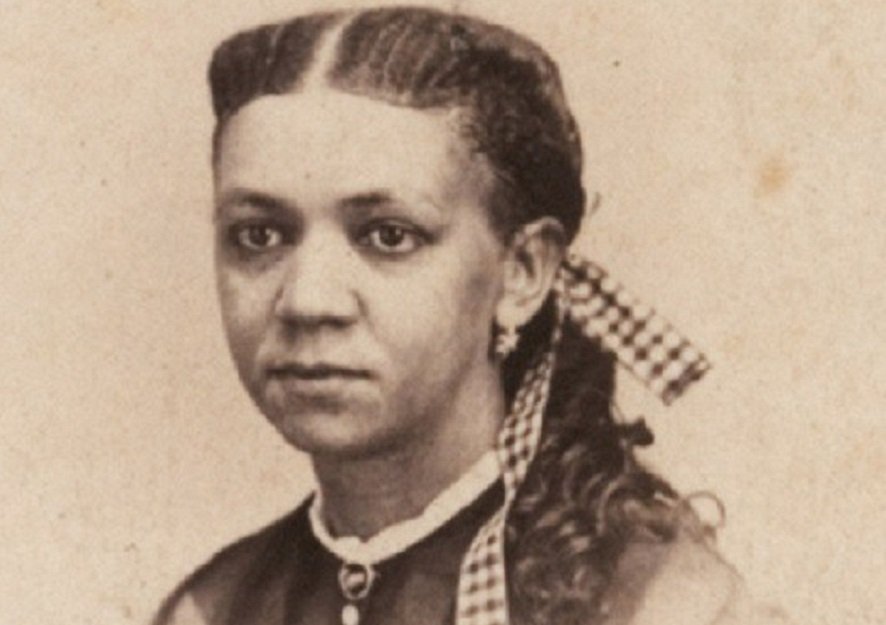
Exploring Black Educators in History

The first black woman to earn a Ph.D. in Psychology, Inez Beverly Prosser did extensive research on the effect of segregated schools versus non-segregated schools on African American students. She was passionate about finding the best way to foster and educate young black students. She was also one of the first to take a vested interest in the mental health of African American children subjected to racism.

Marva Collins started Westside Preparatory School in 1975 where she earned a reputation for teaching “unteachable” students. She trained thousands of educators on her techniques which focused heavily on the Socratic method. In 2004, she received the National Humanities Medal.

As a founder of the federal Head Start program, Dr. Edmund Gordon was one of the first educators to focus on closing the academic achievement gap. He also founded the Institute for Urban Education at Columbia University’s Teachers College

Charles Hamilton Houston was a dean at Howard University Law School and argued cases in the U.S. Supreme Court, creating a legal foundation for the historic Brown v. Board of Educationdecision. He was involved in just about every civil rights case that was argued in front of the supreme court from 1930 and 1954, earning him the nickname “The Man Who Killed Jim Crowe.”

Fanny Jackson Coppin was the first African American principal. Born enslaved, she once wrote to Frederick Douglas, “I feel sometimes like a person to whom in childhood was entrusted some sacred flame…This is the desire to see my race lifted out of the mire of ignorance, weakness and degradation; no longer to sit in obscure corners and devour the scraps of knowledge which his superiors flung at him. I want to see him crowned with strength and dignity; adorned with the enduring grace of intellectual attainments.”

Septima Poinsette Clark: From being instrumental in filing petitions against universities for not hiring black educators to marching the movement to earn voting rights for Black African-Americans, Clark was a fighter for literacy and basic civil rights for marginalized communities. For her participation in movements, she was referred to as the ‘Mother of the Movement’ by Martin Luther King. She is also known to establish "Citizenship Schools" to empower Black communities.

Dr Jeanne L. Noble: The educator & writer that holds a lot of firsts to her name. She was the first African-American to study & write about the experiences of female Black African-Americans in college, to become a board member of the Girls Scout of the USA, to serve the U.S. government's Defense Department Advisory Committee on Women in the Services, and to receive tenure as a professor at the New York University. She was an active participant in trying to desegregate her hometown of Augusta, GA, in the early 1960s.
In 2020 Harvard started an archival initiative to preserve the political and intellectual contributions of Black educators before 1970. Support from the Andrew W. Mellon Foundation, the Black Teacher Archive will locate and digitize the complete collections of journals published by “Colored Teacher Associations.” The ultimate goal is to create an open and freely accessible online portal for centralizing and preserving the legacy of Black teachers before 1970.
Project leaders say providing access to these materials, largely the products of teachers in segregated Southern schools, will revolutionize research in the history of education, African American studies, and the study of critical pedagogy. This project also has the capacity to shed a light on successful practices from Black teachers of the past that often goes overlooked today.
“This is a world of teachers who cultivated dreams in generations of Black people, while living under persecution,” Givens said. Their stories have so much to teach us.”
read more: https://www.washingtoninformer.com/harvard-launches-black-teacher-archives/